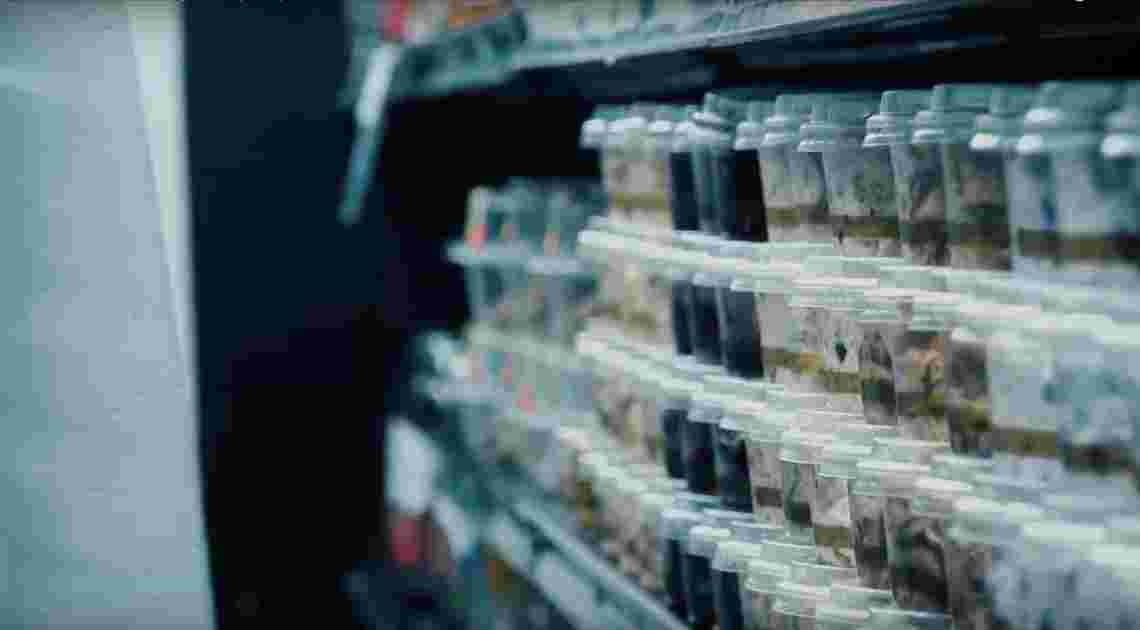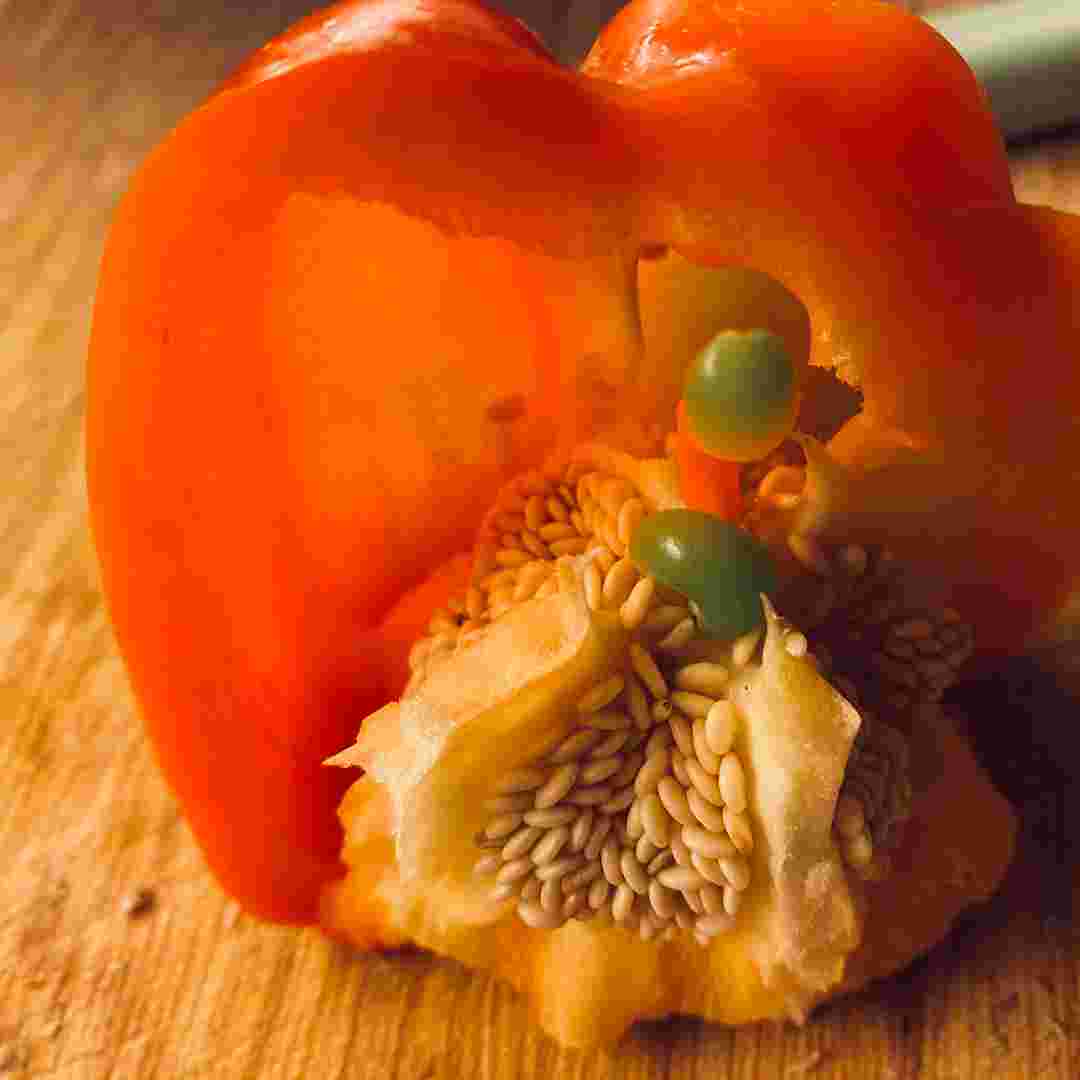A tiny excursus from my viewpoint on the "5 defense systems" mentioned above.
1
Vessels with their endothelia are a highly active tissue network which is interacting with its dense receptor coat with all molecules drifting through the blood stream. It is by no means a transportation system only. The endothelia, their communication between each other, their communication with immune cells, lipoproteins, enzymes and myriads of soluble messengers are essential for the the organism to function properly.
They form an incredibly active border. Beside this inner layer of cells the muscles and the connective tissue surrounding this cell layer are as important endowing the vessels with the tasks they have to fulfill at all times. Intact vessels are one foundation for our wellbeing. The vessel system is a regulation and feeding system.
2
Stem cells are iridescent creatures. No doubt, their task is the regeneration of tissues. The experiments with stem cells underline how important the context is for the functions they perform. Changes in the milieu they live in can change their function too. They are integral part of the adaptation and survival abilities of the organism. Why should they be characterized as defense system?
3
Bacteria metabolize nutrients for us, they influence the immunity. They contribute to how we feel, how we sleep, recover, digest, age ... they are part of us, belong to us. We need them to live, adapt and survive. Which aspects of our microbiome have defensive character?
4
DNA are not self-repairing. DNA don't make any sense without the cell and its protein synthesis machinery they are integral part of. Why should we consider DNA as a defense system?
5
On the immune system as a regulatory system you find a lot of articles on this site. No need to write about this regulation system at this point.



